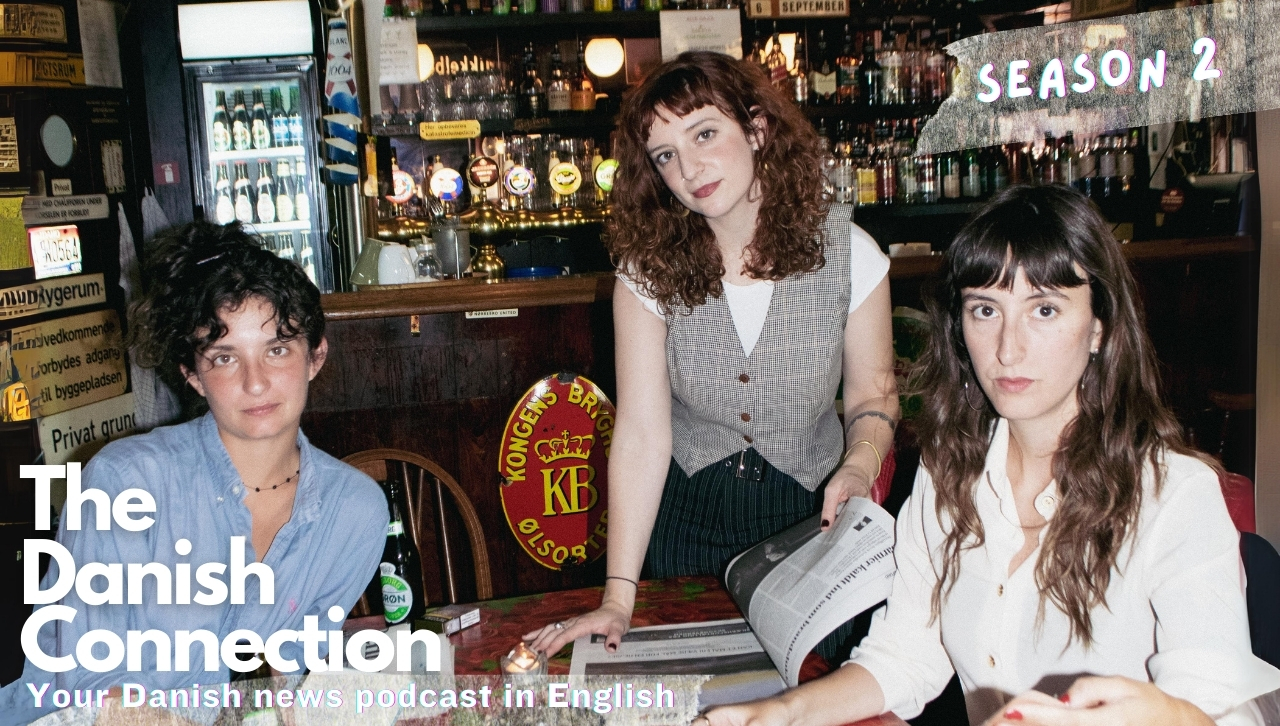This week, we talk about how the ruling Social Democrats party is faring in the polls and what’s currently on the government’s agenda. We also speak with Kelly Rasmussen about how new reforms to the Danish school system will impact international schools and families. Additionally, we discuss how the potential collapse of the AMOC ocean current (which regulates temperatures in Northern Europe) could be catastrophic for Denmark and its Nordic neighbors, resulting in much colder weather.
As always you can find us on Spotify and Apple Podcasts.
Remember – this is your place to share inquiries, opinions, and tales of the immigrant experience in Denmark – and we want to hear from you. Pop us a DM on Instagram or via email thedanishconnectionnews@gmail.com and let us know if you have a story you would like to contribute.
If you liked this episode and think it would be useful for someone you know – please share it with them!
In collaboration with @cphpost
Hosted by @__mariaeva__ and @rachsheary and @Melissamarchi
Edited by @__melissamarchi
Music by @frandepian
Cover Picture by @kammarad
Broadcasting in @unionkbh















